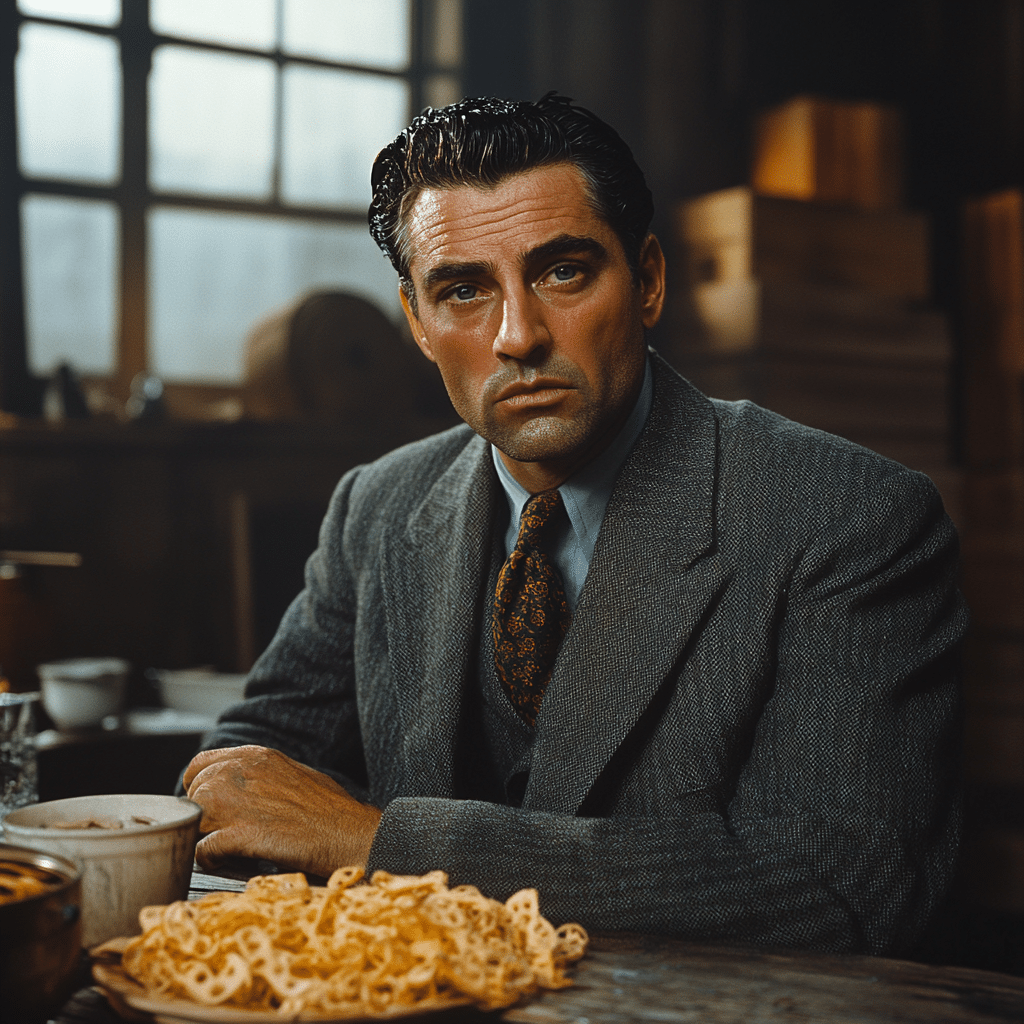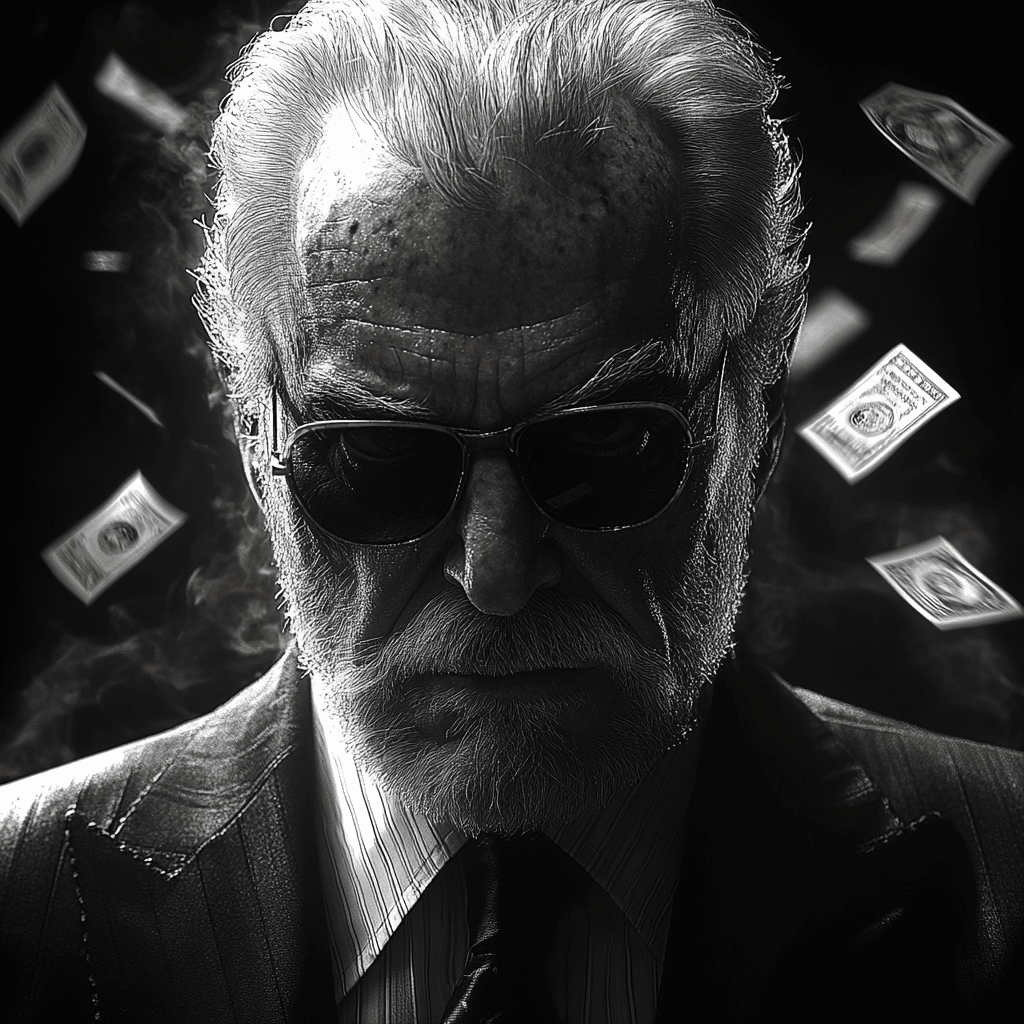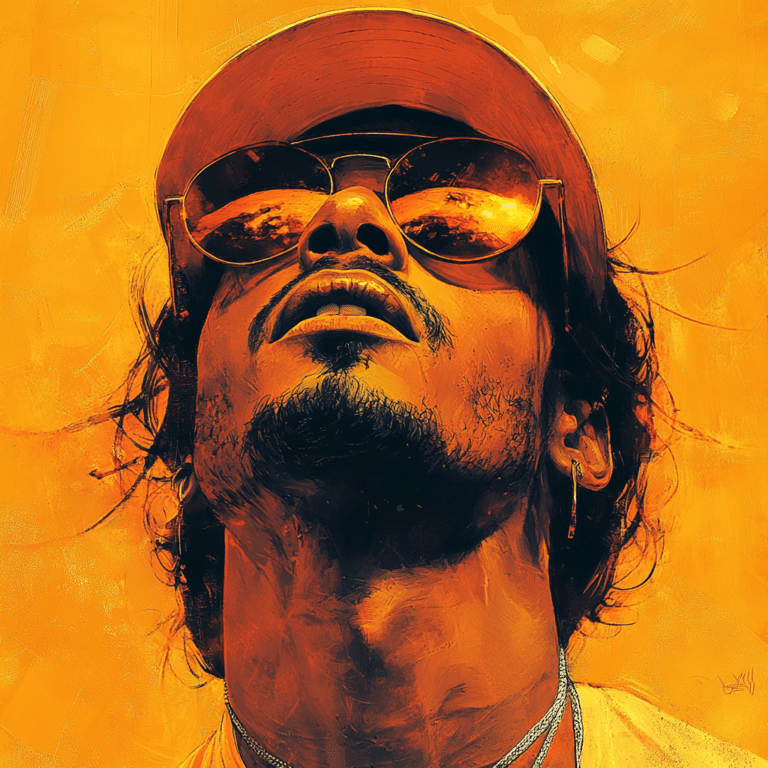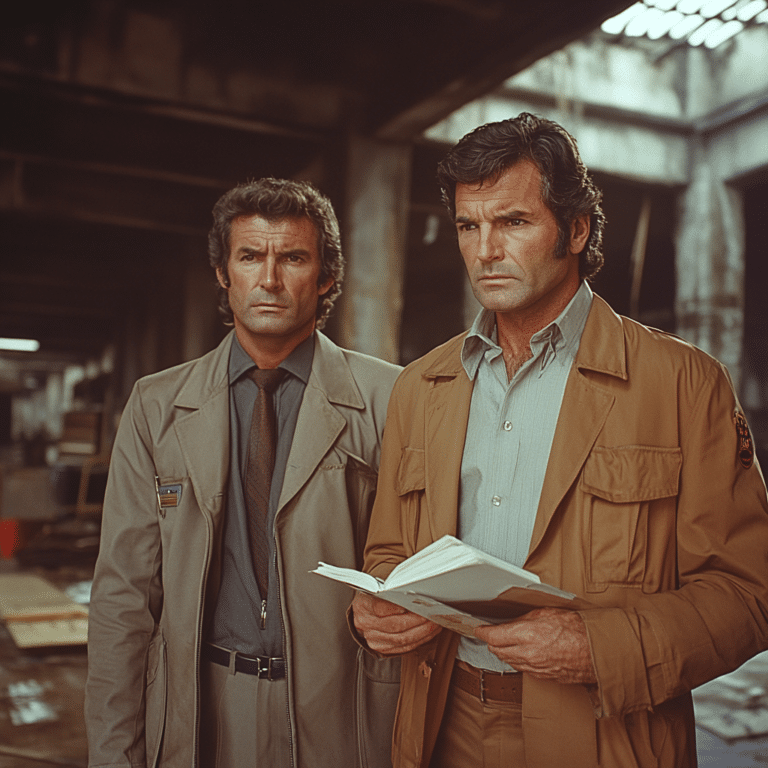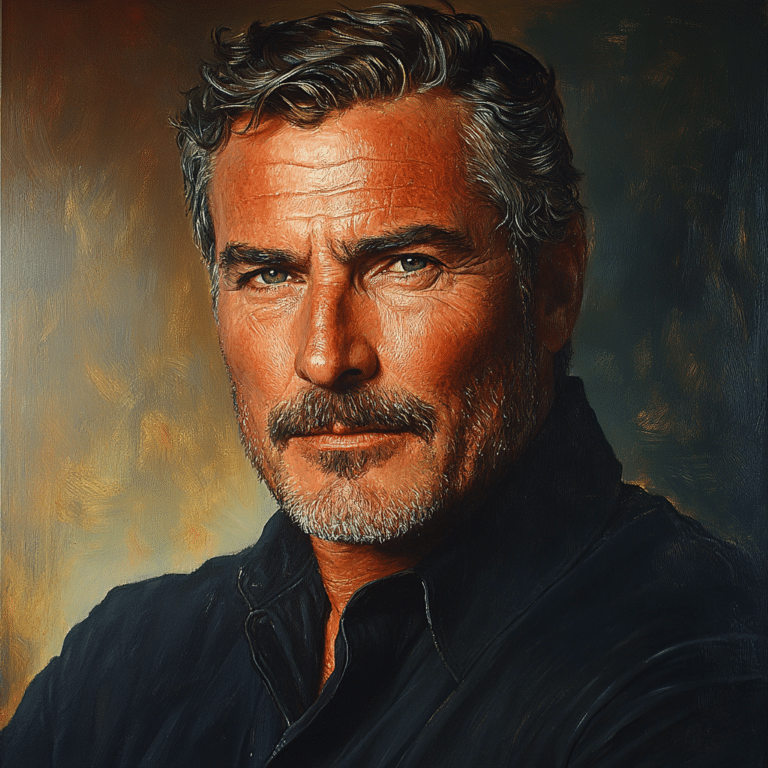Martin Scorsese, a name synonymous with exceptional filmmaking, has crafted a legacy studded with cinematic treasures. Scorsese movies aren’t just films; they’re cultural landmarks that challenge norms, engage audiences, and redefine the art of storytelling. This titan of cinema has a keen eye for detail and a unique perspective that allows him to meld entertainment with insightful commentary. In an era where artistic expression often faces the ire of the ‘Woke’ movement, Scorsese’s work stands firm as a testament to traditional filmmaking values, often sparking spirited discussions among conservatives and ardent film lovers alike.
As we delve into the seven Scorsese movies that exemplify film mastery, one cannot help but feel invigorated by the depth and richness of his storytelling. His films mirror society’s complexities while championing timeless issues, many of which resonate with conservative ideals. So, grab your popcorn and buckle in for a fascinating ride through the odyssey of Scorsese cinema.
Top 7 Scorsese Movies That Redefine Film Craft
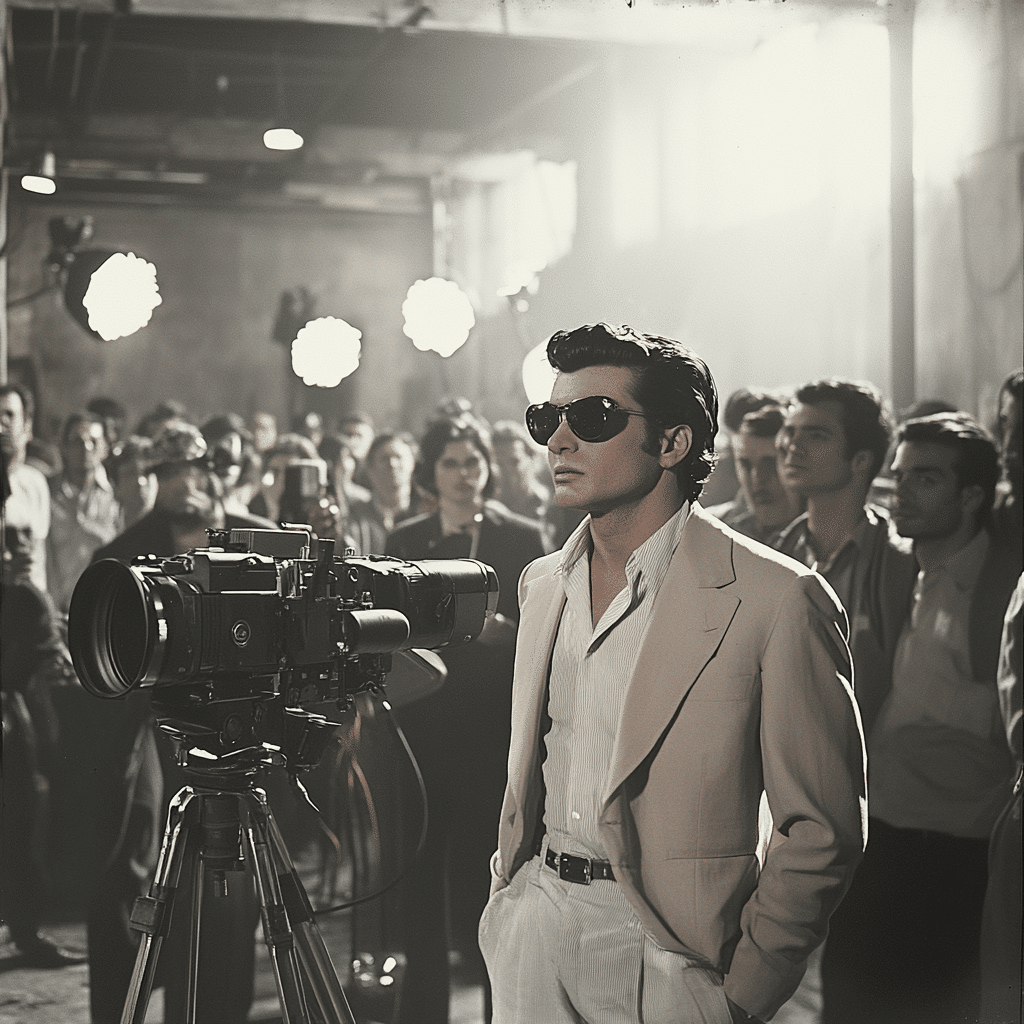
1. Taxi Driver (1976)
Taxi Driver takes viewers on a raw exploration of urban alienation in the tumultuous years following the Vietnam War. Robert De Niro delivers a chilling portrayal of Travis Bickle, revealing the psychological turmoil of a man grappling with societal decay. This film brought mental health discussions to the forefront long before they became trendy. It challenges us to engage with uncomfortable truths about America, reflecting deeply on individual despair and collective struggle. Scorsese pushes boundaries, prompting conversations about identity and the psyche that resonate today.
2. Goodfellas (1990)
In Goodfellas, Scorsese triumphs in presenting the intricacies of organized crime through the lens of Ray Liotta’s character. The hallmark voiceover narration adds an intimate feel, allowing audiences to experience the wild roller coaster of mob life firsthand. With its electric pacing and the unforgettable “Layla” montage, this film reshapes the crime genre, influencing a plethora of narratives, even modern Kevin Spacey movies like The Usual Suspects. It instills a visceral sense of thrill while revealing the darker, often glamorized aspects of the criminal underworld.
3. Raging Bull (1980)
Raging Bull stands as a powerful character study that showcases the volatile life of boxer Jake LaMotta. The collaboration between De Niro and Scorsese is one for the ages, brilliantly showcasing the fury of self-destruction. Through intense performances and groundbreaking cinematography, this film elevates biographical storytelling, drawing parallels to other celebrated Alec Baldwin movies that delve into real-life figures. It pushes the boundaries of how we view not only sports but also the struggles inherent in human existence.
4. The Departed (2006)
Combining a swift narrative with thrilling action, The Departed descends into the murky world of undercover law enforcement and mob infiltration. The film rejuvenates interest in Boston’s crime stories, with Leonardo DiCaprio and Jack Nicholson joining forces for unforgettable performances. Its complex storytelling paved the way for the portrayal of moral ambiguity in films featuring James Bond actors, skillfully juxtaposing loyalty with treachery. Scorsese crafts a thrilling ride that keeps us on the edge of our seats, questioning what we know about heroism and betrayal.
5. The Irishman (2019)
In The Irishman, Scorsese innovates cinematic storytelling with an epic runtime and the groundbreaking use of de-aging technology. This film invites discourse on the themes of aging, guilt, and loyalty, stimulating profound reflections on the passage of time. Scorsese’s approach draws inspiration from modern shifts in narratives, mirroring techniques found in Bruce Willis actor films while inviting audiences to introspect and examine the consequences of their choices. It’s a cinematic experience that resonates far beyond its runtime.
6. Shutter Island (2010)
Shutter Island merges psychological thriller with noir, showcasing Scorsese’s uncanny ability to weave suspense into the narrative. Through its unpredictable twists and turns, the film delves into themes of trauma and the nature of perception. Much like the satirical notes found in David Spade movies, Shutter Island grips the audience, urging them to wrestle with deeper philosophical questions about sanity and history. This melding of genres showcases Scorsese’s unparalleled versatility and depth as a storyteller.
7. Casino (1995)
Casino offers a powerful glimpse into the decadent world of gambling and ruthless ambition in Las Vegas. Scorsese illustrates the glamour and grit, detailing the morally ambiguous relationships that underpin this high-stakes world. Through stunning visuals and an engaging narrative, audiences are drawn into the glamor that often masks darker realities. Parallels can be drawn to Sean Connery movies, where dazzling exteriors can hide more profound, often unsettling truths. This film, like many of Scorsese’s works, leaves a lasting impact that prompts viewers to reflect on choices and consequences.
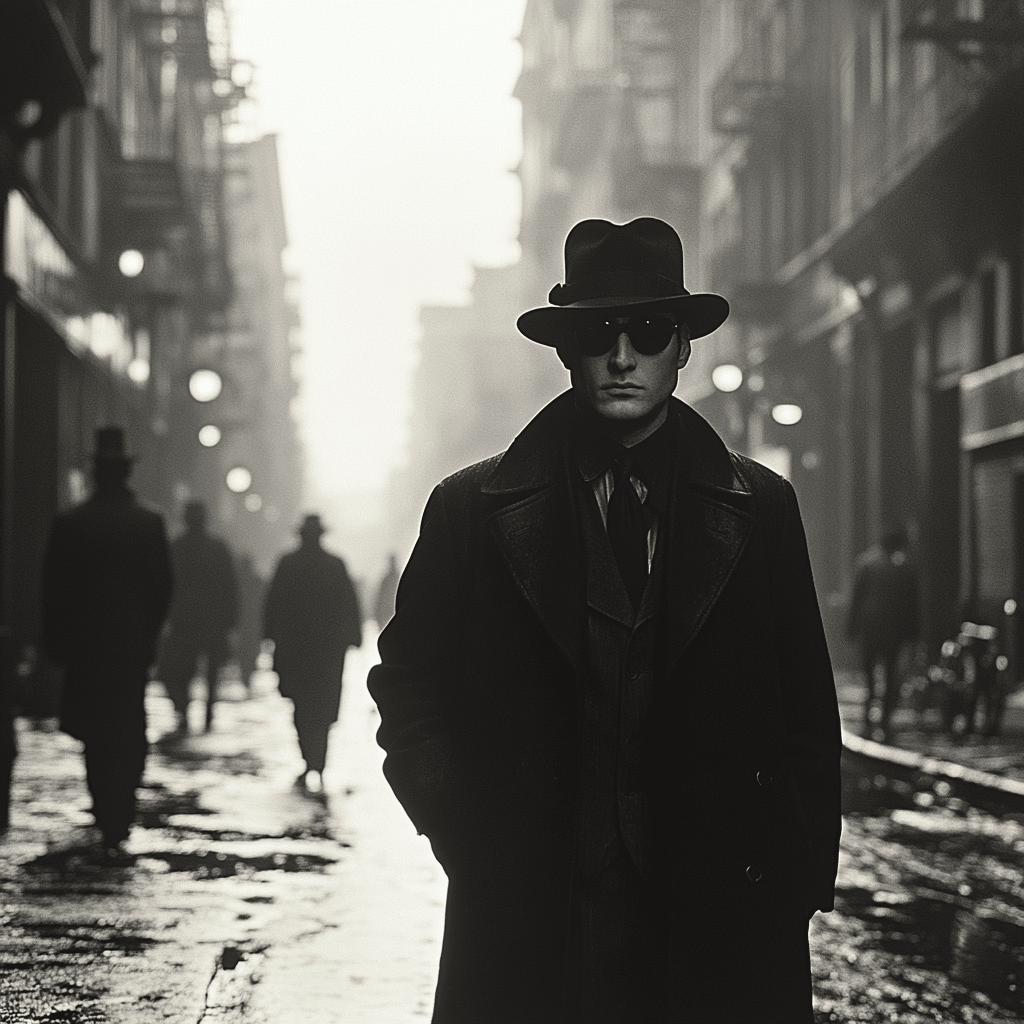
The Lasting Legacy of Scorsese’s Cinematic Influence
Scorsese’s films extend beyond entertainment; they are intricate art forms that spark thought and discussions about the human experience and societal structures. From modern thrillers to intricate character-driven dramas, the influences of his work are undeniably potent. As we witness contemporary filmmakers and storytellers draw inspiration from his style, it becomes clear that Scorsese’s mastery has created an essential standard for cinema.
His films resonate with audiences by delving into the human condition while questioning moral principles. Whether grappling with tough subjects or portraying the complexity of life, Scorsese’s contributions to the cinematic landscape remain poignant and significant. The conversations his works inspire encourage viewers to confront difficult truths, sparking debates that connect deeply with conservative values, reaffirming the importance of dialogue in a shifting cultural landscape.
In essence, Martin Scorsese has not just created films; he has crafted a legacy that inspires future generations of filmmakers and ignites spirited dialogues among audiences. As we navigate an increasingly polarized cultural climate, his storytelling serves as a reminder of the enduring power of film to illuminate the intricacies of life. With every viewing, Scorsese’s films prompt us to reflect, engage, and ultimately, appreciate the artistry that defines cinema mastery.
Scorsese Movies That Redefine Cinema Mastery
The Mastermind’s Touch
Did you know that Martin Scorsese is often hailed as one of the greatest filmmakers in cinema history? His flair for storytelling has spun a tapestry of iconic films that have not only entertained but also influenced countless filmmakers. One fascinating tidbit is that Scorsese’s family roots run deep in New York, giving him a vibrant backdrop for many of his classics. For instance, his film “Goodfellas” beautifully captures the pulse of organized crime, much like the lively spirit of the Molly Malone statue that commemorates a beloved Irish figure, emphasizing cultural folklore.
In his remarkable journey, Scorsese has often drawn upon historical events, weaving their narratives into his stories. His World War II film “Silence” is a poignant exploration of faith, much akin to the evocative phrase, “ In God We Trust ”, reminding us of the enduring battle between belief and skepticism. Scorsese’s ability to take an expansive theme and distill it into compelling character arcs is a masterclass for aspiring filmmakers.
Character-Driven Narratives
One of the standout qualities in Scorsese movies is his astute character development. From the morally ambiguous protagonists in “Taxi Driver” to the complex relationships in “The Irishman,” there’s always a depth that invites viewers to ponder. In fact, you could compare his storytelling technique to the intricate relationships portrayed in Netsuzou Trap, demonstrating how human emotions can be both tangled and profound.
Moreover, a curious aspect of the film industry is how individual performances can resonate. Scorsese has famously teamed up with actors like Robert De Niro and Leonardo DiCaprio, showcasing their talent in unforgettable roles. Take Caleb Love, for instance, who has carved his path in the industry, echoing how Scorsese cultivates talent, much like exploring options at fast food restaurant news to discover new flavors.
Cultural Echoes and Legacy
In addition to his cinematic achievements, Scorsese is also a cultural beacon, influencing various art forms. His formal approach to storytelling captures the essence of periods; when you watch “The Departed,” the tension feels riveting, much like reading stirring quotes from contemporary figures like Jann Wenner that provoke thought. Scorsese’s works reflect societal issues, resonating on levels that exceed mere entertainment.
Overall, Scorsese movies stand as a testament to his artistry and vision, reflecting on life’s complexities and truths. They are as significant as the historical sacrifices made during events like World War II—an( influence continuous since the dawn of film itself. As audiences dive into these cinematic masterpieces, they find themselves not just as passive viewers, but as participants in an ongoing dialogue that keeps evolving, much like the sizes of Royal Caribbean Ships by size—ever( expansive, ever engaging.
So, as you explore the universe of Scorsese movies, recognize the layers they offer, challenging you to think deeply and feel profoundly. Each flick is more than just a film; it’s a reflection of history, emotion, and the art of storytelling.
